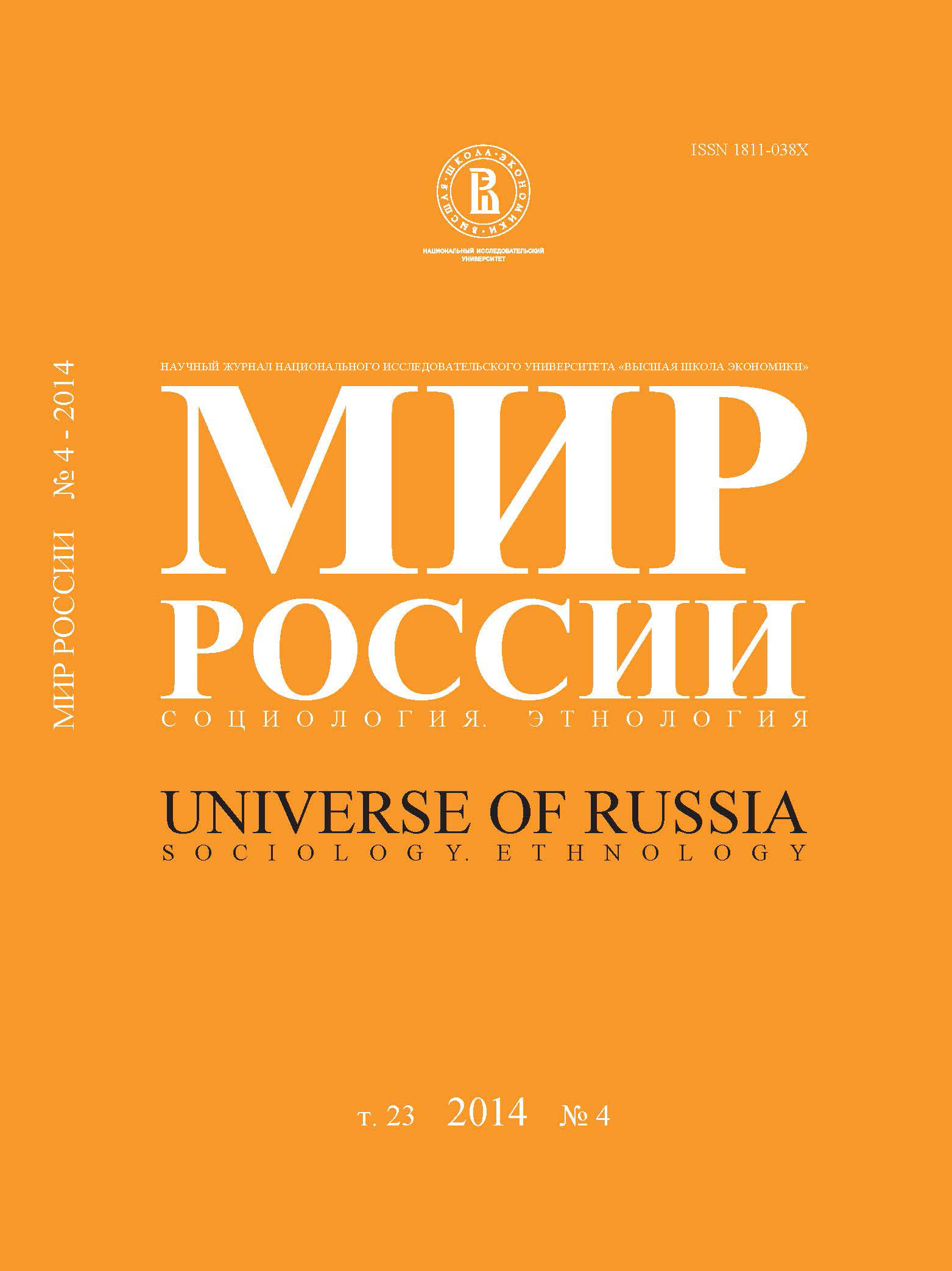Stefan Hedlund ‘Invisible Hands, Russian Experience, and Social Science: Approaches to Understanding Systemic Failure’
Abstract
Gordey Yastrebov — Senior Lecturer, Sub-department of Economic Methodology and History, National Research University “Higher School of Economics”. Address: 3, Bol’shoi Trekhsvyatitel’skii St., Moscow, 123022, Russian Federation. E-mail: gordey.yastrebov@gmail.com
From the very beginning of Perestroika in the mid-1980s, the advocates of liberal reforms took little account (if at all) of the cultural and historical context, or sociocultural factors, in determining economic strategy. The actual policy of economic transformation in Russia relied on purely universalist prescriptions, putting too much faith in the market ‘magic’ rather than considering the non-market institutional factors of economic growth. It has been claimed that the history, the archetypes of the nation and its culture are of no significance to the economic progress of the country. Stefan Hedlund’s recent book may be considered an outstanding attempt to overcome this myopia in social sciences, which has led to false prescriptions and expectations about the radical market reform in a country, where economic tradition was historically market-contrary. However, unlike his earlier contributions, this book is much more ambitious in scope, as it attempts to put the Russian case at the core of the debate about the state of modern social sciences (especially economic sciences). Hedlund’s main argument is that they need to overcome their current mono-disciplinarity, and, particularly, the oversimplified understanding of the nature of human behavior. And although this claim is not so new in itself, he gives a brilliant example of how many existing approaches, such as new institutional economics, economic sociology, historical sociology and historical institutionalism may be salvaged to develop more salient explanations of why classical institutions of capitalism (i.e. market relations and private property) fail in promoting economic prosperity in certain cultural and historical contexts. The book provides insightful
reading not only because it contains vivid descriptions of Russia’s history, which has shaped its cultural and institutional specificity, but also because it dares to bring in the discussion of complex philosophical foundations of modern social theory that may also prove useful in understanding the fundamental roots of other systemic failures, including the recent world economic crisis.






